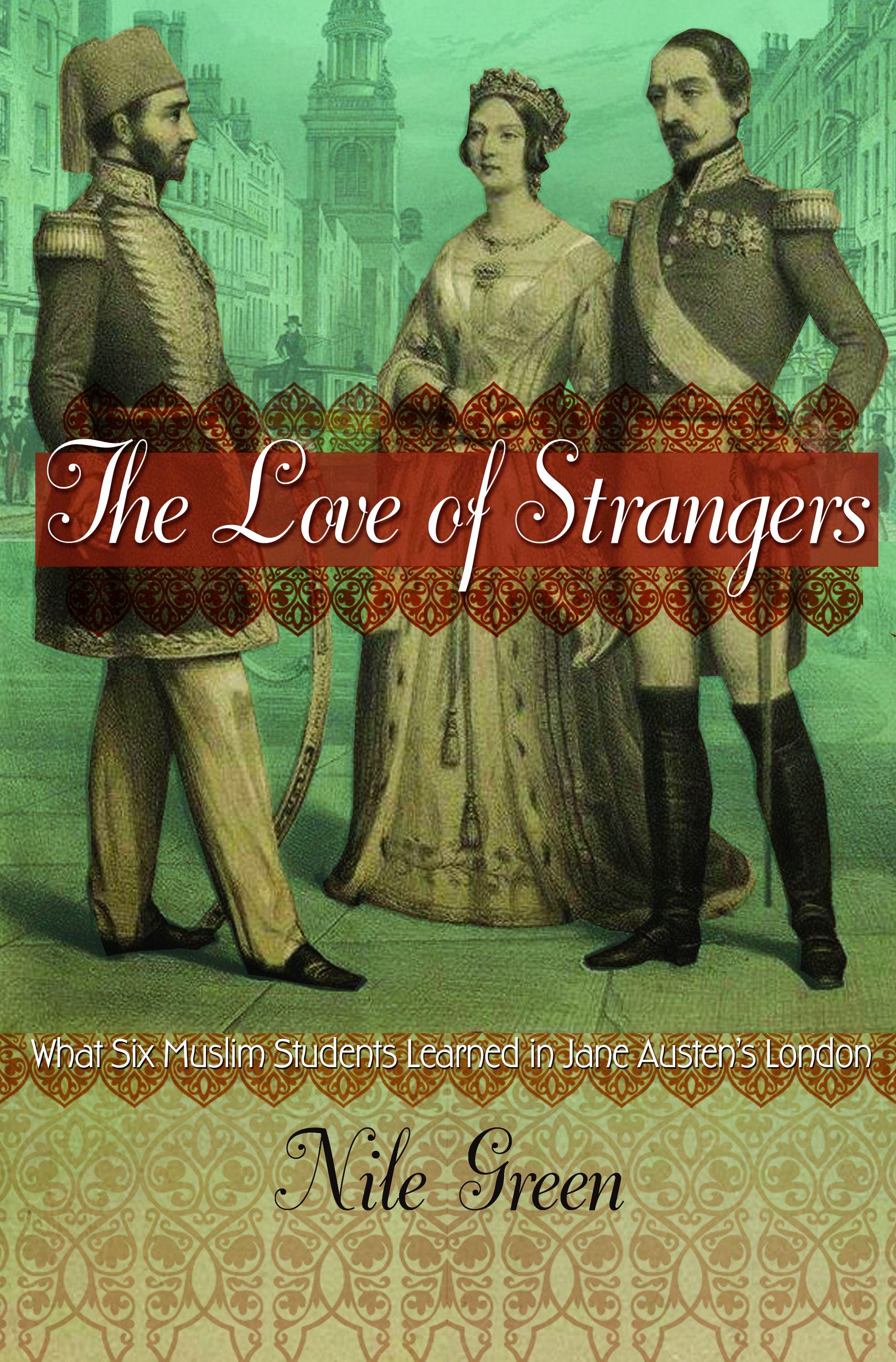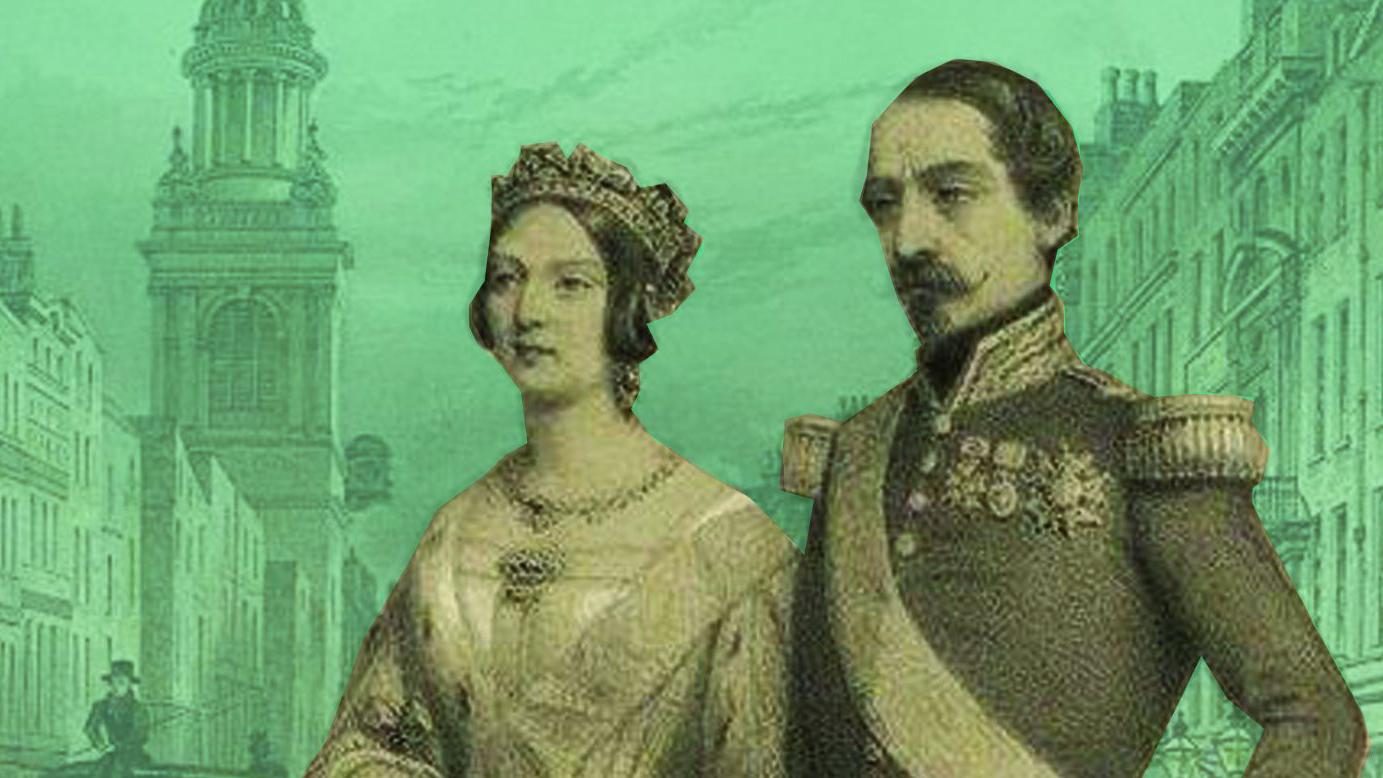In 1815, six Muslims landed in London for the first time. Here’s what they can teach us.
“The Love of Strangers: What Six Muslim Students Learned in Jane Austen’s London.”
In September 1815, six young men arrived in England for the very first time. They were sent there from Iran (then known as Persia) to learn modern sciences.
Nile Green, a professor of history at UCLA, has revived the story of these men in his new book, "The Love of Strangers: What Six Muslim Students Learned in Jane Austen's London."

Green says Iran at that time was facing the rising expansionism of the Russian empire. To counter that, the Shah decided to sponsor six students to travel to Europe and acquire a cutting edge education.
England at that time was considered the best place to learn engineering, medicine and chemistry.
So off they went.
"When they first arrived they were pretty bewildered," Green says. "This was a period […] when certainly for the Middle Eastern Muslims more broadly, there was very little or hardly any direct contact with Europe."
So as Green puts it, this was first contact.
Luckily, one of the students, Mirza Salih, kept a diary that Green discovered while browsing the bookshelves of a library. He was intrigued to read about the Iranian's experiences in London of the 1800s.
"[The diary] tells us about the adventures and the misadventures of these six young men on their quest for learning on the one hand, […] but also of the friendship, in some cases the love affairs and the many meetings with all kinds of people that they had in that period," he explains.
British Army Captain Joseph D'Arcy, who had been training soldiers in Iran, was recruited by the Shah to chaperon the group in London. He helped them adjust at first, but financial complications turned their relationship sour.
Eventually, the men managed to learn English, make friends and visit different parts of the country. They marveled at the architecture and the landscape as they explored.
Over time, they began to understand and admire this new land. At the same time, their hosts began to see them not as exotic foreigners, but people from whom they can learn a new culture and language.
At one point Mirza Salih taught Persian in exchange for English lessons.
Of course, things were complicated and there were challenges. But Green argues that, in the end, the students and the people they met managed to put their differences aside and focus on what they had in common.
“Finding Mirza Salih’s diary," he writes, "felt like unearthing a lost testament to coexistence."
